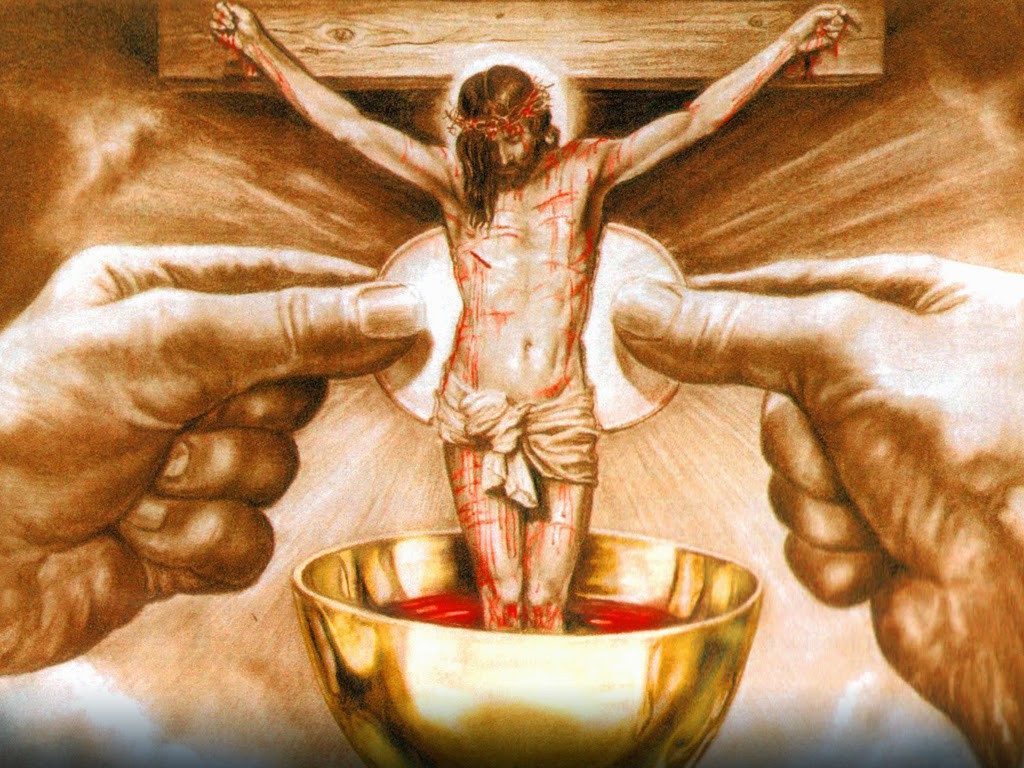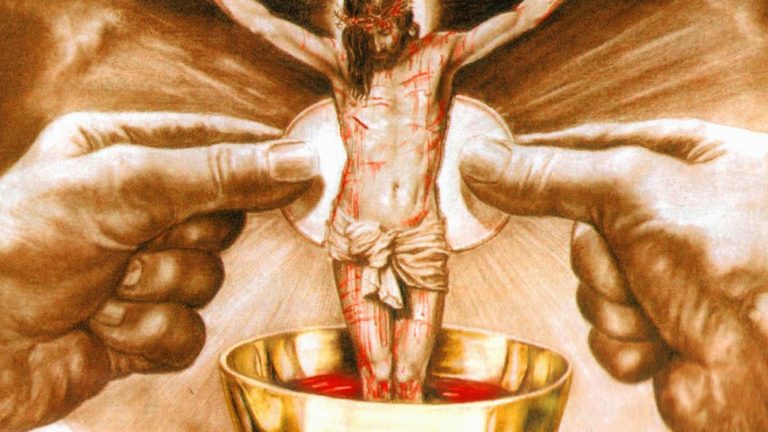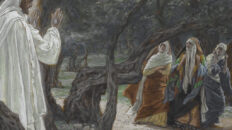
Theme: Going Beyond Rituals
READINGS: Deuteronomy 4:1-2, 6-8/ James 1:17-18, 21-22, 27 / Mark 7:1-8, 14-15, 21-23
22nd Sunday in Ordinary Time
Often when nations bid to host a sporting event, they also aspire to win the competition. Hence, the slogan, “host and win”. However, more often than not, teams of hosting nations do not emerge as winners. Even the football team of mighty Brazil could not win the World Cup they hosted last year. Why is this so? Ironically, it appears that the hustle and bustle of hosting such sporting events distracts the hosting nation from achieving its main goal of emerging as winners.
As in sports, Christian rituals serve as media for “hosting” mysteries. That is, they help to bring mysteries “home” to us. However, as in the case of sports, more often than not, many believers are not able to go beyond rituals to realize the deeper mysteries of their faith. Thus, in today’s gospel reading, Jesus draws attention to the shallowness of the religious acts of the Pharisees who could not see beyond the rituals they had inherited from their ancestors. Imagine: the mere washing of hands was seen as a religious act! They could not go beyond this ritual to see the deeper meaning behind it – namely, the purity required of the soul of a person who worships God.
Beloved, even today we are faced with the challenge of “hosting and winning” in our worship of God. Infant baptism, for instance, is seen as a mere naming of a child. Hence, often, it is referred to as “christening”. Many Christians today do not see beyond the baptismal rituals to appreciate the mysteries they reveal: the incorporation of the child in Christ, adoption as a child of God, membership of the church (Body of Christ), forgiveness of sin, the indwelling of the Holy Spirit, citizenship of heaven, among others.
The Holy Mass is another instance. Very often many forget that the rituals of the Holy Mass “host” (make present) the merits of Christ’s unique redemptive sacrifice, the real presence of his body and blood together with his soul and divinity, etc. Beloved, whenever we are tempted to forget the mysteries beyond the rituals of the Mass, the name (Host) given to the un-consecrated bread should promptly remind us of the surpassing mysteries that the rituals “host” (make present).
In his turn, St. James reminds us of another important point about true religion. True religion is not just a pious act towards God. Rather, since we cannot see the Divine Person, true religion requires that we love our neighbours especially the poor and needy ones. Hence, St. James states that true religion entails the care of widows and orphans in their need (James 1:27). Beloved, this means that our worship in the chapel has more meaning if it is accompanied by works of charity outside the chapel. However, since charity begins at home, charity should also begin in the chapel. For instance, the time of sign of peace during Mass should NOT be a time for “hide and seek” between persons who have quarrelled. In other words, they should not try to avoid each other. Rather, they should take advantage of the deeper meaning of the “handshake” to allow the Prince of Peace (who died on the cross to reconcile us) to bring them together.
Beloved, I have only mentioned a few instances where we need to go beyond the rituals of worship to appreciate and enjoy the benefits of their deeper mysteries. I pray that, henceforth, we will take advantage of God’s graces to go beyond every ritual of our worship and enjoy the spiritual merits they convey. Amen!
By Very Rev. Fr. John Louis








